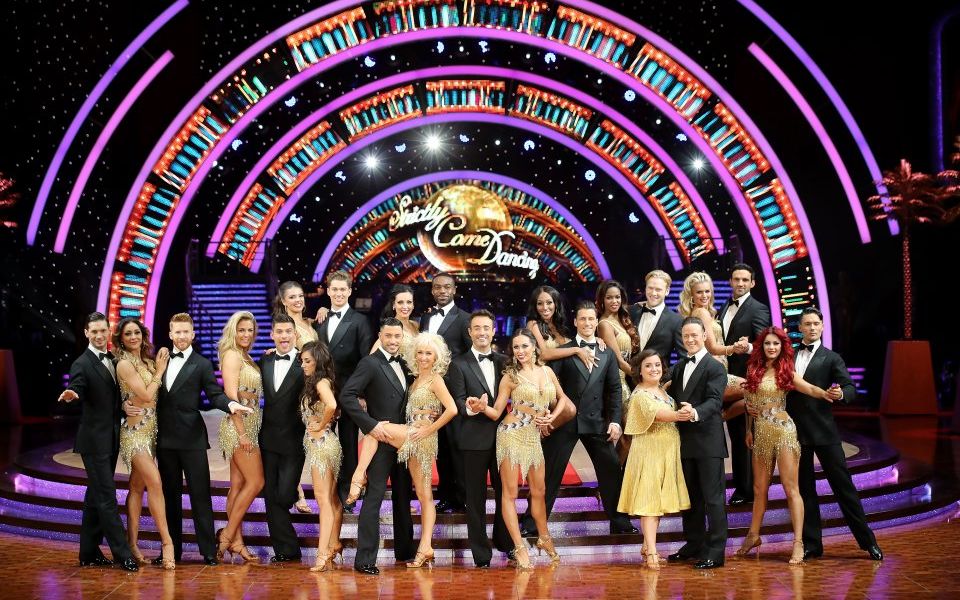Strictly Come Dancing professionals make a PR misstep in potential pay row dispute

Glitter balls, sequins, the foxtrot, and the rest… Daaarling! It is that time of the year again as Strictly Come Dancing waltzed back on to our screens on Saturday night.
New celebs, new dancers, new routine – same old format. There will be Craig Revel Horwood looking unimpressed, break-ups, make-ups, tears, injuries, tantrums, and the national outcry as one of the favourites is voted out on a Sunday. It is all very exciting as the countdown to Christmas is now officially on.
But this year, a pay dispute has allegedly shaken the BBC dance floor.
Read more: The star of Strictly wants reforms to the Bank of England's independence
The dancers want more money, or they will strike. In a move straight out of the ever popular RMT Union’s playbook, the troupe of professional dancers are threatening to band together in a pay protest, and no longer samba for our viewing pleasure.
The reason, reported by The Sun citing a “telly source” close to the show, is that they want a pay rise on the £50,000 they receive for the series. We’re told that all the dancers are paid the same flat rate, no matter how long they have been on the programme or their level of fame.
If these reports are true, I can’t hear too many sympathetic voices around the office. Social media really doesn’t care either – £50,000 for about 12 weeks of freelance work seems a good rate. There’s guaranteed work on a month-long sell-out arena tour after that, plus guest appearances and photo shoots. It all seems a decent gig to me. When was £50,000 for three months of work not enough?
The judges apparently get paid a lot more than the dancers, receiving between £150,000 and £250,000, but they are the on-screen characters that make the show tick. They must take notes during the Paso Doble, are entrusted to give informed opinion on each dance – or in Bruno’s case just jump on the desk and scream with hands in the air. It is entertainment, and they are the TV talent. Yes, the professional dancers are essential, but surely the show is the platform that has given each one their public profile?
Let’s look at the figures. This series, the median age of the Strictly Come Dancing dancers is 31 (although two dancers were too coy to have their ages publicly available).
According to the ONS, in April 2017 the median national wage for full-time employees in the UK in the 30-39 year old demographic was £508.50 per week. Multiply that by 52, and the UK national median wage for this age group is £26,442 per annum.
Let that sink in. These dancers are the same age group as people who can’t afford a mortgage, who struggle with energy price rises, and find it hard to make ends meet. They probably pay their TV licence too, at £150.50 year for a colour licence, or £50.50 if they want to enjoy Strictly in black and white.
I’m a fan of the show like most of the British population, and no one wants to see the impoverished dancers start picketing broadcasting house. It would be a PR nightmare, daaarling: for the show, for the Beeb, and for those light-footed professionals who entertain us live every Saturday as they cart around celebs with two left feet for three minute “routines”.
A story like this could tarnish a few of the dancers’ reputations, but my advice to them would be to listen to Tess Daly and just “keep dancing”.
Read more: Corbyn’s plan for the BBC would harm the press he wants to protect